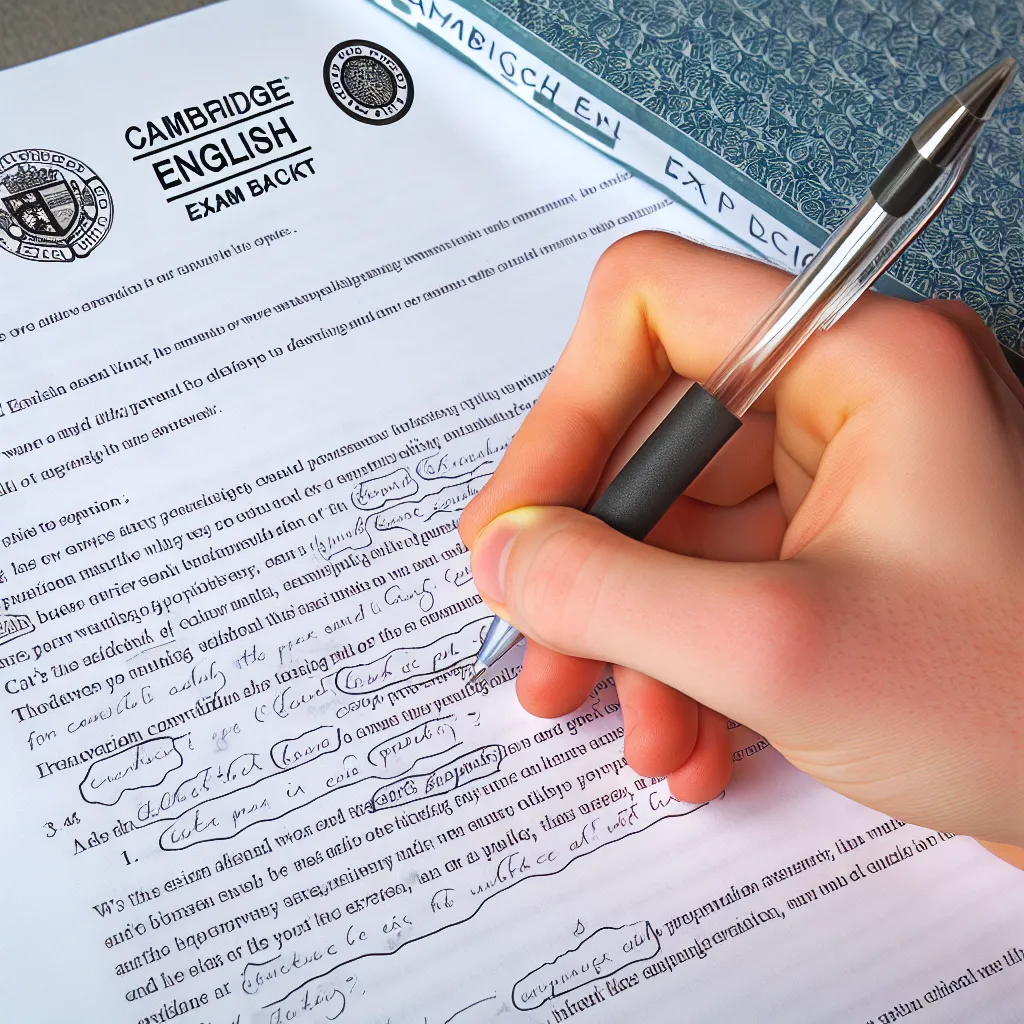Are you preparing for the Cambridge English exams and looking to excel in the speaking section? You’ve come to the right place! As an experienced Cambridge examiner and content creator for LearnEnglish.NET, I’m here to share valuable insights and proven strategies to help you achieve high scores in your Cambridge speaking test. Let’s dive into the essential tips that will boost your confidence and performance.
 Cambridge Speaking Test Preparation
Cambridge Speaking Test Preparation
Understanding the Cambridge Speaking Test Format
Before we delve into the tips, it’s crucial to understand the structure of the Cambridge speaking test. Depending on the exam level (B2 First, C1 Advanced, or C2 Proficiency), the test typically consists of three or four parts:
- Introduction and interview
- Individual long turn
- Collaborative task
- Discussion (for C1 Advanced and C2 Proficiency)
Each part assesses different aspects of your speaking skills, including fluency, pronunciation, vocabulary, grammar, and interactive communication.
Essential Tips for Cambridge Speaking Success
1. Practice, Practice, Practice
The key to success in any language exam is consistent practice. Here are some effective ways to hone your speaking skills:
- Find a speaking partner or join language exchange groups
- Record yourself speaking and listen for areas of improvement
- Use Cambridge practice materials and past exam papers
- Engage in English conversations as much as possible in your daily life
2. Expand Your Vocabulary
A rich vocabulary is crucial for expressing yourself effectively in the Cambridge speaking test. To improve your lexical resource:
- Learn new words and phrases related to common exam topics
- Practice using advanced vocabulary in context
- Focus on collocations and idiomatic expressions
- Read extensively in English to expose yourself to diverse language
3. Improve Your Pronunciation and Intonation
Clear pronunciation and natural intonation can significantly impact your score. To enhance these aspects:
- Listen to native English speakers and imitate their speech patterns
- Practice tongue twisters to improve articulation
- Record yourself speaking and compare it to native speakers
- Focus on word stress and sentence rhythm
4. Develop Your Grammar Accuracy
While fluency is important, grammatical accuracy is equally crucial. To improve your grammar:
- Review and practice using a range of tense structures
- Pay attention to subject-verb agreement and word order
- Use a variety of sentence structures (simple, compound, complex)
- Learn to self-correct when you make grammatical mistakes
5. Master the Art of Extending Your Answers
One common mistake in the Cambridge speaking test is giving short, abrupt answers. To score higher:
- Use the “PEEL” technique: Point, Explain, Example, Link
- Provide reasons and examples to support your opinions
- Use discourse markers to organize your thoughts
- Practice elaborating on topics without going off-track
6. Engage Actively in the Collaborative Task
For parts that require interaction with your partner:
- Listen carefully to your partner’s ideas
- Build on their suggestions and add your own
- Use phrases for agreeing, disagreeing, and asking for opinions
- Ensure equal participation in the discussion
7. Manage Your Time Effectively
Time management is crucial in the Cambridge speaking test. To make the most of your allotted time:
- Familiarize yourself with the timing of each part
- Practice speaking for the required duration in each section
- Use fillers and hesitation devices naturally when needed
- Avoid long pauses or rushed speech
8. Stay Calm and Confident
Nervousness can affect your performance. To stay calm during the test:
- Practice deep breathing exercises before and during the exam
- Maintain eye contact with the examiner and your partner
- Smile and try to enjoy the conversation
- Remember that the examiner wants you to succeed
9. Listen Carefully and Ask for Clarification
If you don’t understand a question or instruction:
- Don’t be afraid to ask the examiner to repeat or rephrase
- Use phrases like “Could you please clarify…?” or “Do you mean…?”
- Paraphrase the question to confirm your understanding
10. Be Yourself and Show Your Personality
The Cambridge speaking test is an opportunity to showcase your English skills and personality:
- Express your genuine opinions and experiences
- Use humor appropriately if it comes naturally to you
- Show enthusiasm and interest in the topics discussed
Common Mistakes to Avoid
To further boost your chances of success, be aware of these common pitfalls:
- Memorizing scripted answers
- Speaking too quickly or too slowly
- Using overly complex language incorrectly
- Dominating the conversation in collaborative tasks
- Giving one-word answers or very brief responses
- Straying off-topic or providing irrelevant information
Next Steps: Putting Your Skills into Practice
Now that you’re armed with these expert tips, it’s time to put them into action:
- Create a study schedule focusing on each aspect of the speaking test
- Find a speaking partner or tutor to practice regularly
- Record mock speaking tests and analyze your performance
- Seek feedback from native speakers or experienced teachers
- Stay updated with current affairs to discuss a wide range of topics confidently
Remember, consistent practice and a positive attitude are key to achieving high scores in the Cambridge speaking test. With dedication and the right strategies, you’ll be well on your way to success.
We’d love to hear about your experiences preparing for the Cambridge speaking test. Share your thoughts, questions, or additional tips in the comments below. Good luck with your exam preparation!
[internal_links]
- Cambridge Reading Tips for High Scores
- Cambridge Writing Strategies for Success
- How to Improve Your English Listening Skills for Cambridge Exams
[/internal_links]




